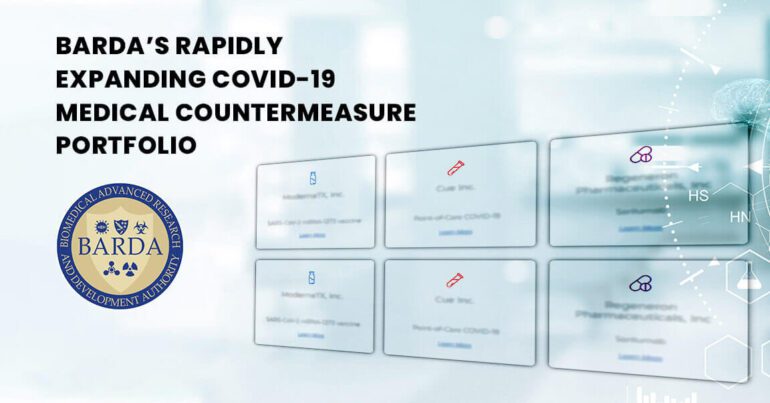TL;DR:
- Evidation secures a contract from BARDA for the 2023 Influenza-like Illness (ILI) Detect & Protect Studies.
- The research aims to develop machine learning models for the early detection of respiratory viral infections using data from consumer-grade wearables.
- The study will cover COVID-19, influenza A and B, and respiratory syncytial virus (RSV) during the 2023-24 cold and flu season.
- The contract also supports research on Evidation’s FluSmart program, combining machine learning predictions with behavior nudges to prevent illness transmission.
- This marks Evidation’s third BARDA award, emphasizing their commitment to respiratory infection understanding and detection.
Main AI News:
In a significant development, Evidation, the pioneering company dedicated to enhancing health outcomes in our daily lives, has unveiled a new contract awarded by the Biomedical Advanced Research and Development Authority (BARDA), a division of the Administration for Strategic Preparedness and Response under the U.S. Department of Health and Human Services (HHS). This contract, earmarked for the 2023 Influenza-like Illness (ILI) Detect & Protect Studies, signifies BARDA’s expanding collaboration with Evidation.
The Detect & Protect Studies, slated for implementation during the forthcoming 2023-24 cold and flu season, will focus on harnessing the power of machine learning models to identify respiratory viral infections. The data essential for these models will be sourced from consumer-grade wearable devices, marking a groundbreaking approach to disease detection. This research endeavor will not only integrate cutting-edge devices and diverse data types but also employ serial PCR testing. Moreover, it will leverage Evidation’s robust health measurement and engagement platform to forge the next generation of models for early and pre-symptomatic detection of COVID-19, influenza A and B, and respiratory syncytial virus (RSV).
Additionally, this contract will allocate resources to further investigate and understand the potential impact of Evidation’s innovative FluSmart program. FluSmart is designed to promote proactive health behaviors by combining machine learning predictions with strategic behavioral nudges, education, and personalized insights. By assisting individuals in comprehending their susceptibility to flu-like illnesses, FluSmart empowers them to take early measures to mitigate transmission and severe disease.
This momentous partnership marks the third BARDA award granted to Evidation, solidifying their commitment to advancing the realm of respiratory infection understanding and detection tools. The initial award supported the Home Testing of Respiratory Illness Study, a groundbreaking initiative that utilized consumer wearables, self-reported symptoms, and PCR testing to unravel the intricacies of respiratory virus onset. Building upon this foundation, BARDA extended its support in 2020, enabling research into the potential utilization of machine learning models and novel wearable-generated data for the early detection of COVID-19 symptoms.
Christine Lemke, co-founder and CEO of Evidation, commented on this development, stating, “Since our initial collaboration with BARDA in December of 2019, involving the participation and consent of hundreds of thousands of Americans across the nation, we’ve gained valuable insights into the potential of high-resolution data from consumer-grade wearables. This data, encompassing heart rate, sleep patterns, physical activity, and other specific signals, has proven instrumental in identifying early signs of flu-like illnesses. We are enthusiastic about the opportunity to expand, validate, and enhance our models further, as well as explore novel avenues for prompting individuals to take proactive action when it matters most.”
Conclusion:
The partnership between Evidation and BARDA represents a significant step in leveraging wearable technology and machine learning for the early detection of respiratory infections. This development underscores the growing importance of health-related data and predictive analytics in the healthcare market, paving the way for more proactive and effective disease prevention strategies. Businesses in the health tech sector should take note of the potential for wearable devices and data-driven solutions to play a pivotal role in shaping the future of healthcare.

